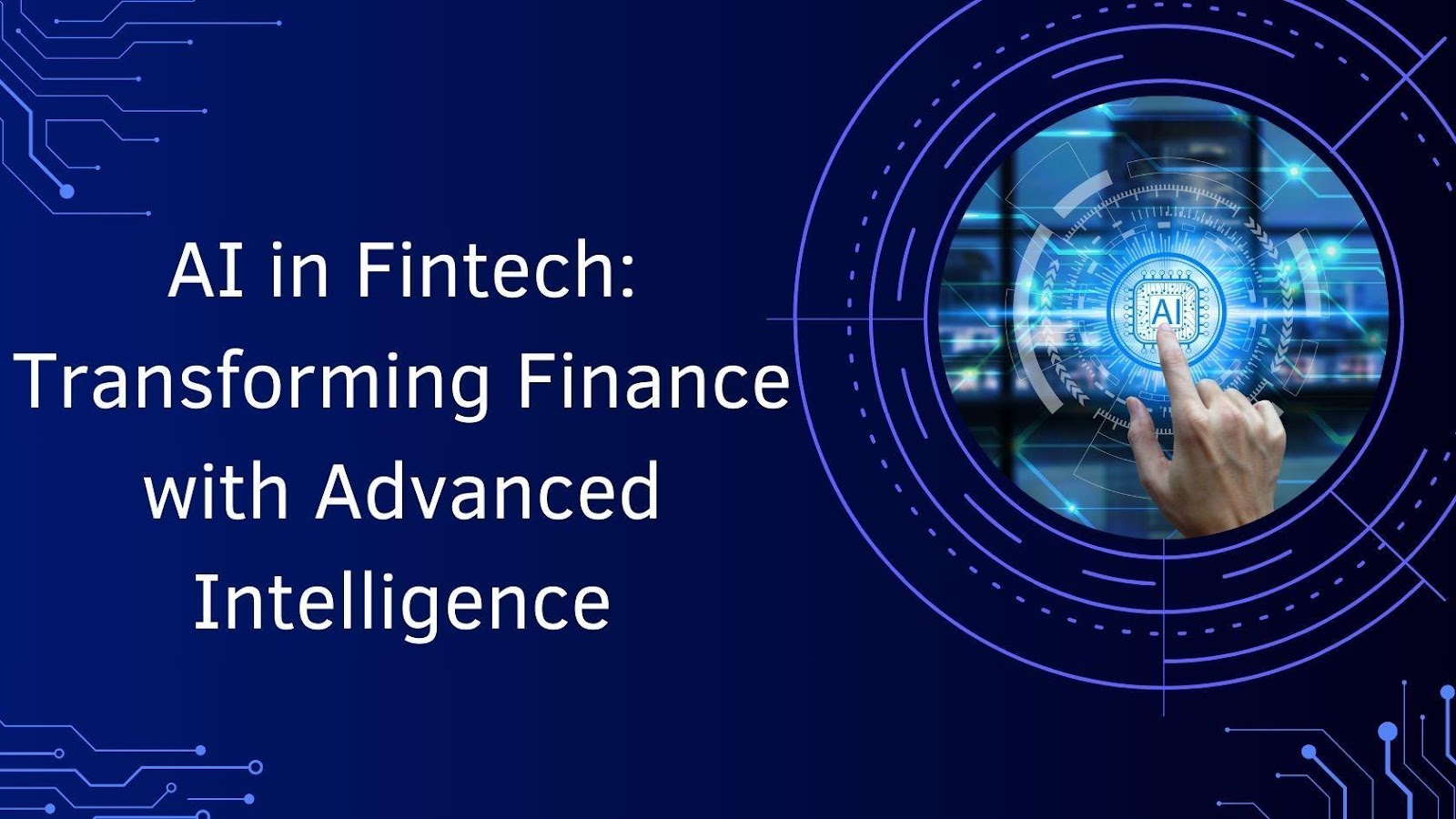In his recent analysis, Sudeep Meduri explores the impactful role of Artificial Intelligence (AI) in financial technology, highlighting its extensive applications and industry-changing effects. His work reveals how AI innovations enhance operational efficiency, security, and personalization across fintech.
AI-Driven Fraud Detection: Strengthening Financial Security
Real-Time Analysis for Immediate Detection
AI revolutionizes real-time transaction analysis, swiftly processing vast amounts of data. Machine learning algorithms detect anomalies instantly by analyzing spending patterns and transaction frequency, significantly reducing fraud through rapid intervention.
Pattern Recognition and Adaptation
AI advances fraud detection by recognizing intricate patterns overlooked by traditional methods. Deep learning networks adapt to emerging fraud trends, improving accuracy, reducing false positives, and enhancing digital transaction trust.
Personalizing Financial Services Through Tailored Experiences and Custom Banking Solutions
AI utilizes user data, like spending habits, income, and goals, to offer personalized banking advice. This approach enables institutions to deliver tailored recommendations, targeted strategies, and enriched customer experiences.
AI-Powered Robo-Advisors
Robo-advisors automate financial planning, providing affordable portfolio management. AI analyzes risk profiles and goals to create diversified portfolios, making professional advice accessible to younger and smaller investors.
Tailored Investment Solutions
AI personalizes investment solutions by assessing risk tolerance, goals, and timelines. Machine learning optimizes portfolios, considering tax and ESG preferences, enhancing customer satisfaction and fostering loyalty.
Algorithmic Trading: Precision and Efficiency in Market Transactions
Advanced Data Processing for Market Analysis
AI in algorithmic trading analyzes vast datasets to detect patterns beyond human capability. Processing real-time market data, AI provides insights and strategies, giving traders a competitive edge.
Forecasting Stock Trends
Deep learning networks predict stock trends by analyzing historical data and market conditions, supporting informed trading. AI improves trade execution, timing, and routing, reducing costs and maximizing returns.
Improving Market Efficiency and Profitability
AI improves trading profitability and market efficiency by quickly processing new data, enhancing liquidity, and promoting stability. Yet, increased automation raises stability concerns, highlighting the need for thoughtful regulation.
Regulatory Compliance: Streamlining with RegTech
Automated Compliance and Risk Management
AI-powered RegTech automates data management and reporting, streamlining compliance and saving resources. By tracking regulatory changes, AI enhances accuracy, reduces costs, and improves risk management for financial institutions.
Efficient Compliance with Advanced Analytics
AI enhances compliance efficiency with risk assessment, predictive analytics, and automated document processing, freeing resources. RegTech reduces costs and simplifies regulatory updates, promoting sustainable compliance.
Transformative Impact on Operations and Customer Experience
Enhanced Operational Efficiencies
AI automates tasks like customer inquiries and document processing, reducing time and errors. NLP improves back-office efficiency, while chatbots manage basic queries, freeing staff for complex issues.
Redefining Customer Expectations
AI transforms customer interactions with personalized recommendations and 24/7 service. AI-driven mobile banking offers real-time insights and predictive tools, boosting convenience and setting higher expectations for seamless experiences.
Driving Continuous Innovation
AI’s data-processing power unlocks new opportunities in product development, risk assessment, and market analysis. AI-driven credit scoring and blockchain smart contracts broaden financial tool access for wider audiences.
Addressing Challenges: Ethical and Operational Considerations
Data Privacy and Security
Relying on large datasets raises privacy and security concerns. Financial institutions must follow data protection laws, ensuring secure storage. Trust depends on strong security and transparent data handling.
Mitigating Bias in AI Algorithms
AI systems can inadvertently perpetuate biases, especially in lending. Achieving fairness requires diverse training data and continuous monitoring to ensure equitable outcomes in financial services.
Adapting to Workforce Changes
AI transforms finance by automating routine tasks like customer service and data management, affecting traditional roles. Workforce reskilling is crucial to adapt to AI-driven industry changes.
Future of AI in Fintech: Opportunities and Innovation
Emerging Technologies
AI paired with blockchain enhances security and transparency, while quantum computing accelerates financial modeling and risk assessment, paving the way for efficient and transformative financial services.
Advancing Financial Inclusion
AI models are revolutionizing financial access with alternative credit scoring using non-traditional data. However, achieving inclusivity and preventing demographic exclusion remains a key challenge.
In conclusion, Sudeep Meduri highlights AI’s transformative role in fintech, reshaping financial services through innovation and efficiency. As AI advances, its impact on inclusivity, security, and personalization grows, but responsible implementation remains key to sustainable fintech growth.



































